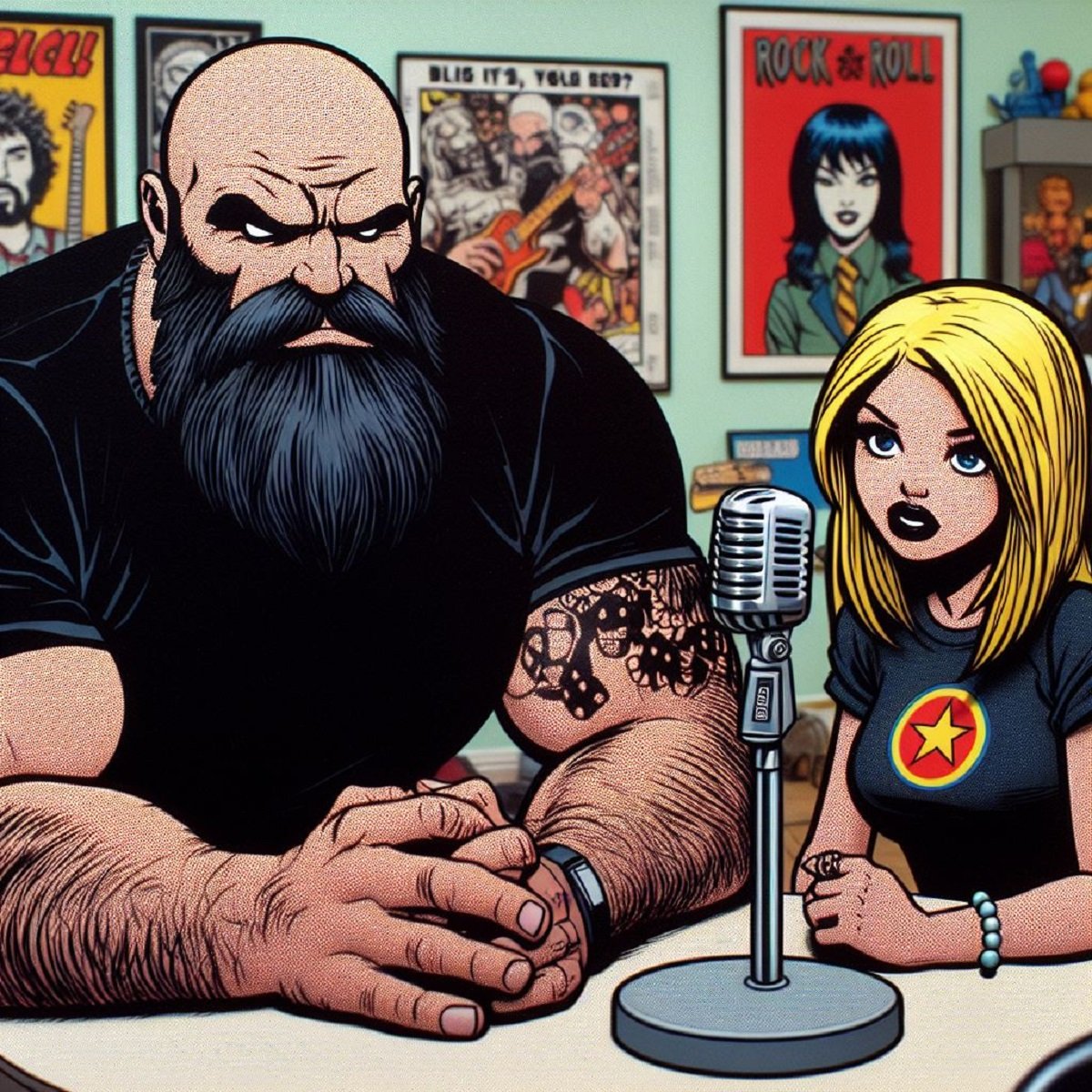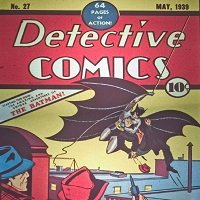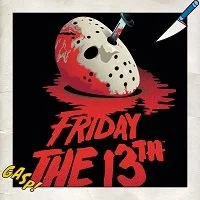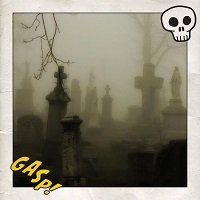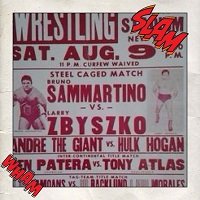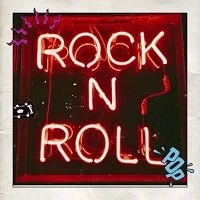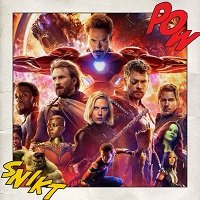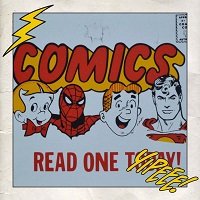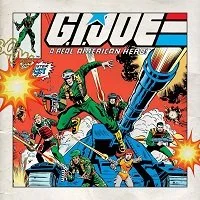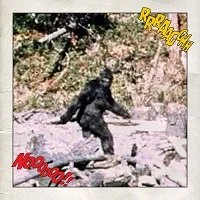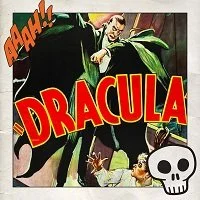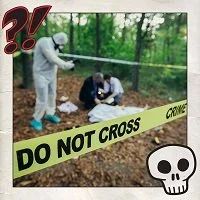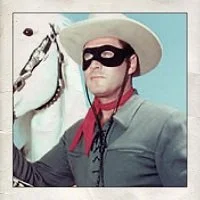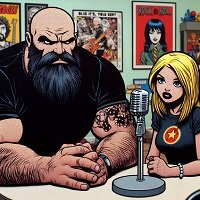The Inspirational Legacy of Rocky Balboa
The Rocky Movie Reviews - Rocky 1 - Rocky 2 - Rocky 3 - Rocky 4 - Rocky 5 - and Rocky Balboa
By: Karl Stern (Patreon)
As my wife Tonya and I began a watch-through of all the Rocky movies for our podcast reviews here at When It Was Cool, after the final installment: Rocky Balboa (2006) she looked at me and said, “This is basically The Notebook for men.” I find that statement pretty accurate.
As she explained to me, she found the 2004 Ryan Gosling, Rachel McAdams, James Garner, and Gena Rowlands romance movie The Notebook to be about the ultimate in romantic movies. It spoke directly to matters of the heart… from a woman’s point of view. And I get it. I’ve watched The Notebook several times and it is a tear jerker to be certain, leaning heavily on the trope that true love never dies and can overcome anything, even a loved one forgetting the other person involved.
This is a highly generalized statement and, perhaps, a bit old fashioned in this new era where sexuality and sexual identity are being redefined and understood in new ways, but to an oldie like me, yeah, Rocky hits (no pun intended) directly and the inspiration of being a man, overcoming the odds, and as Rocky so perfectly puts it in 2006’s Rocky Balboa, “It’s not about how hard you get hit. It’s about how hard you get hit and keep on moving forward.” As Rocky taught us, life ain’t easy and sometimes it’s going to hit you very, very hard. As strange as it sounds, that’s precisely what The Notebook said too, just in a different way.
Rocky (called from here forward Rocky 1 for clarity sake), was a 1976 movie starring Sylvester Stallone, Talia Shire, Carl Weathers, Burt Young, Burgess Meredith, and Tony Burton following the story of a 30 year old club fighter named Rocky Balboa (Sylvester Stallone) who gets a seemingly once in a lifetime chance to fight the World Boxing heavyweight champion Apollo Creed (Carl Weathers) when Creed’s original fight in Philadelphia falls through due to the injury of his opponent. With no top contender ready for such a close-by fight, Creed proposes, in America’s bi-centennial year, to give an unknown a chance at the “American Dream”, a shot at being heavyweight champion of the world which, in 1976, was a very big deal.
Rocky Balboa, a hard hitting club fighter, gets chosen primarily because Apollo Creed likes his nickname, “The Italian Stallion”. Rocky is attracted to an exceedingly shy clerk at the local pet store across the street from where he trains named Adrian (Talia Shire) and she is also the sister of his best friend Paulie (Burt Young), a crass alcoholic, who is often jealous of Rocky. As the story unfolds, Rocky helps bring Adrian out of her shell and helps her believe in herself and, likewise, she instills in Balboa a belief in himself that he previously lacked. As for the fight, no one expects Rocky to win nor to even stand much of a chance.
Even Rocky himself doesn’t expect to win, he only wishes to go the distance with World champion Apollo Creed to prove to himself that he is a real fighter. It is that inner strength that would be the hallmark of the entire Rocky franchise. With the help of former prize fighter and trainer Micky (Burgess Meredith), Rocky not only goes the distance with Apollo Creed but pushes Creed to a split decision (meaning Apollo was declared the victor by two of the judges, while one voted for Rocky as the winner).
Rocky Balboa verses Apollo Creed from Rocky 1 (1976)
Rocky II (1979) brings the same cast back together as the immediate follow-up to Rocky I. Both Rocky and Apollo have been taken to the hospital to recover from the severe beating they gave one another. Apollo is disappointed in himself for taking Rocky lightly and almost losing to an unknown fighter. Rocky leaves his hospital room to visit Creed in his and asks the champion if he, in fact, gave the fight his everything to which Creed responds, “yes”.
Apollo Creed, trained by Duke (Tony Burton) is now out for a rematch with Rocky to prove that he is the true superior fighter which Rocky, to the protest of his now-wife Adrian, trains to face him. The rematch in Rocky II sees Rocky Balboa again shock the world, this time defeating Apollo Creed by knockout to win the boxing heavyweight championship of the world.
Left to Right: Apollo Creed, Mickey, Rocky Balboa, Adrian, Paulie from Rocky II.
Rocky III (1982) was an important film in American popular culture. The same cast returns again but is also joined by Mr. T in his major motion picture debut playing the powerhouse boxer Clubber Lang. Mr. T would be a red hot star in popular culture in the mid-1980s including being a feature character in the A-Team TV series and being an important part of the initial rise of popularity in WWF pro wrestling by teaming with Hulk Hogan at WWF WrestleMania I, appearing with him as hosts on Saturday Night Live, among other things. Speaking of Hulk Hogan, about a year before his return to the WWF where he would become WWF heavyweight champion, launching the red-hot “Hulk-A-Mania” era of pro wrestling, Hogan starred as the character Thunderlips in Rocky III where he fought Rocky Balboa in a charity fight.
In contrast to the previous two Rocky movies, the formula of which was: Rocky is presented with a problem, Rocky doubts himself, Adrian (or Mickey) builds him up, and he fights a fight overcoming the odds. In Rocky III there are two fights and Rocky loses one as Clubber Lang (Mr. T) defeats the now wealthy Rocky because he is hungry, a quality Rocky now lacks. Rocky is joined by his former foe Apollo Creed as a trainer and encourages him to find “the eye of the tiger”, a saying that the rock group Survivor took to the top of the Billboard charts in 1982 for six weeks. Rocky, of course, regains the “eye of the tiger” and ultimately defeats Clubber Lang to regain the world championship. During the first fight scene in Rocky III, Rocky’s mentor and trainer Mickey dies of a heart attack brought on by a pre-fight skirmish between Rocky and Clubber Lang. The death of Micky Goldmill casts a shadow over the rest of the Rocky movies with frequent reflections back on his training and words of wisdom. Burgess Meredith, who played Mickey, died himself in 1997 at the age of 89.
Clubber Lang (Mr. T) verses Rocky Balboa (Sylvester Stallone) Rocky III.
Rocky IV finds Rocky Balboa faced with his greatest threat yet and the entire movie is an allegory for the United States verses Russia during the Cold War era. Celebrated amateur Russian boxer Ivan Drago (Dolph Lundgren) comes to the United States for an exhibition fight against the previously retired Apollo Creed. The Creed vs. Drago Exhibition fight is preceded by much pomp and circumstance including a performance of the song Living in America by James Brown.
The vicious Drago destroys Creed during the fight and as Apollo Creed lies dying on the canvas, Drago utters the infamous line, “If he dies, he dies”. This leads to Rocky Balboa travelling to Russia to fight Drago on his own turf. Rocky trains under archaic conditions in Russia while Drago trains in state of the art facilities and takes steroids. Rocky, ultimately defeats Drago, and wins the respect of the Russian people. The movie ends with a flag draped Rocky victorious in the ring… however…
Rocky Balboa verses Ivan Drago - Rocky IV
However, as we find out in the much maligned Rocky V, back home in America, Paulie has given Rocky’s investors power of attorney which leads to them losing Rocky’s vast fortune. Rocky Balboa is now broke. Creditors auction off his home, his motorcycle, presumably Paulie’s robot (from Rocky III) leaving Rocky, Adrian, and Robert (Rocky, Jr.) back on the old block in the poor section of Philadelphia. Adrian is back working in the pet store and Rocky is training fighters in Mickey’s old gym. Enter: Tommy “The Machine” Gunn (Tommy Morrison), an up and coming fighter wanting Rocky to train him. With some hesitation, Rocky agrees to do so, in the process, alienating his own son who is having to adjust to a tough new life as the son of Rocky Balboa in a tough inner city school.
Rocky doesn’t have a boxing match in Rocky V but he does have a fight… a street fight against Tommy Gunn, which he, of course wins. But everyone seems a loser in Rocky V. The antagonist promoter is laughable, almost mustache twirling villain level of bad. Rocky is sad for most of the movie and not inspirational. Adrian is barely there. Honestly, Tommy Morrison wasn’t even close to the worst thing in this movie.
Rocky Balboa and Tommy Gunn. Rocky V.
Rocky Balboa takes place sixteen years later in 2006 and corrects many of the missteps taken in Rocky V. Rocky is still not rich but seems to be better off financially than he was in Rocky V as he now owns an Italian restaurant in Philadelphia called Adrian’s because… SPOILER ALERT… Adrian has died between movies. Yes, around 1995, in timeline, she died of cancer. Rocky is visiting her grave and places important to their relationship during the early part of the film. Rocky is now sixty years old. The boxing World heavyweight champion in the world of Rocky in 2006 is Mason “The Line” Dixon (Antonio Tarver) which is probably the most ridiculous name in the franchise so far. Tarver does a good job, however, playing Dixon, who may be the world champion but he has no respect as boxing basically sucks in 2006 and everyone Dixon fights is a pushover. ESPN runs a computer simulated boxing match between Dixon and Balboa which sees Rocky win.
Mason Dixon’s managers see money. They work to put together an exhibition fight in Las Vegas between the two. Rocky, somehow, manages to get licensed to box again, although, he has to give an impassioned speech to do so. Mason Dixon expects to carry Rocky a few rounds to keep him from being humiliated, then easily win the fight. Rocky has other plans. The familiar music plays, Rocky trains with Duke, Apollo’s old trainer, and Old Man Rocky is ready to go. But first, there are some loose ends to tie up with his estranged son, Robert who is struggling finding his place in the world in the shadow of his father. Robert confronts Rocky at his restaurant, whining about Rocky fighting and how it reflects on Robert’s life, to which, Rocky gives his most famous and impassioned speech of the entire series.
“Let me tell you something you already know. The world ain’t all sunshine and rainbows. It’s a very mean and nasty place and I don’t care how tough you are it will beat you to your knees and keep you there permanently if you let it.
You, me, or nobody is gonna hit as hard as life. But it ain’t about how hard ya hit. It’s about how hard you can get hit and keep moving forward. How much you can take and keep moving forward. That’s how winning is done!
Now if you know what you’re worth then go out and get what you’re worth. But ya gotta be willing to take the hits, and not pointing fingers saying you ain’t where you wanna be because of him, or her, or anybody! Cowards do that and that ain’t you! You’re better than that!
I’m always gonna love you no matter what. No matter what happens. You’re my son and you’re my blood. You’re the best thing in my life. But until you start believing in yourself, ya ain’t gonna have a life.” - Rocky Balboa
Of course, after a speech like that, Robert reconciles with his father and accompanies him along with Paulie, former fighter Spider Rico, and Marie and Stepps (more on them in a moment) to Las Vegas to fight Mason Dixon. I won’t even tell you who won the fight because the whole point is, it doesn't matter who won, Rocky proved himself again. Rocky even walks away from the ring as the announcement is being made, because he doesn’t care either. He pushed young champion Mason Dixon to his limit and proved to himself whatever he had left to prove and put “The Monster”, as he called it, to rest.
There is a semi-romantic subplot in the movie involving Maria, who we saw as a kid in Rocky I and her son Stepps. It’s less of a romantic relationship than a sort of mentorship, maybe that relationship grows in the Creed movies which follow the Rocky continuity by way of the son of Apollo Creed, I haven’t got to them yet (COMING SOON!). But Rocky Balboa left Rocky and his cast of characters in a great place. Presumably, Rocky got enough money out of the Mason Dixon fight to at least live comfortably again.
Rocky is one of the most inspirational movie series in history of cinema. Highest of recommendations.
Rocky Balboa verses Mason Dixon.
If you found this article interesting consider becoming a Patreon supporter. That is how When It Was Cool keeps our website and podcasts online, plus you get lots of bonus content including extra and extended podcasts, articles, digital comics, ebooks, and much more. Check out our Patreon Page to see what's up!
If you don't want to use Patreon but still want to support When It Was Cool then how about a one time $5 PayPal donation? Thank you!
